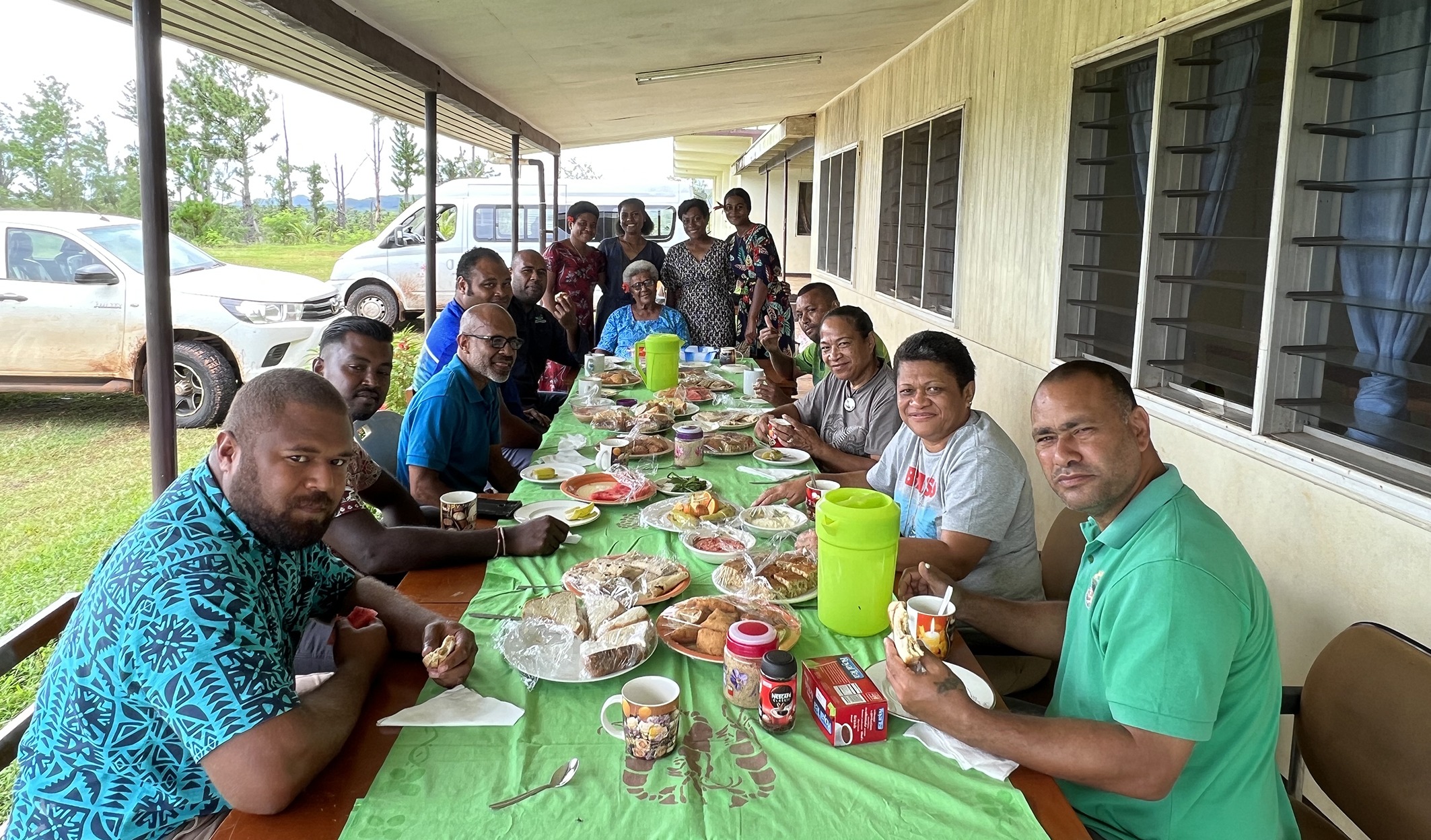

Announcing the 2023 Crawford-in-Queensland International Engagement Award Winners
September 20, 2023

The Crawford Fund QLD Committee supports targeted training and mentoring of overseas scientists and extension officers by experienced Queensland counterparts working on similar agricultural research challenges.
This year, three International Engagement Awards were given to researchers at the University of Queensland, Queensland University of Technology and Griffith University. The three training projects will see collaboration with researchers at other universities, including the University of the South Pacific and Kasetsart University Thailand and will involve engagement with Samoa and Thailand.
“Supporting Queensland scientists to work collaboratively with overseas scientists from our region is a win-win approach that not only strengthens Queensland expertise, but promotes technology exchange and collaborative research,” said Professor Bob Lawn, honorary coordinator of the Crawford Fund Queensland Committee.
“Congratulations to our successful applicants on receiving our highly competitive engagement awards,” he said.
We are pleased to announce the three 2023 winners for our training and mentoring awards:
Prof Mike Furlong from the School of Biological Sciences, University of Queensland with Dr Leslie Ubaub from the University of the South Pacific will lead a project titled Capacity-building for identification of insect pests and biological control agents of agricultural crops using morphological and molecular techniques: the case of Trichogramma species and major insect pests on Brassica in Samoa.
The project aims to improve the competency of the Plant Health Clinic staff at the University of the South Pacific Samoa Campus on insect pests and biological control agents of agricultural crops identification using morphological and molecular techniques, and to assess the species status of the T. chilonis populations in Samoa.
The project will involve field collection of Trichogramma samples in Samoa and hands-on training of Dr Leslie Ubaub for morphological and molecular identification of the collected samples to species level at the University of Queensland. Laboratory technicians and students at USP laboratory will also be trained and mentored through regular virtual and face-to-face meetings.
Dr Joseph Macharia from the Australian Centre for Entrepreneurship Research at the Queensland University of Technology will work with Ms Ofusina Toamua from the Samoan Women Association of Growers on a project titled, Enhancing Mobile phone Enabled Marketing and Entrepreneurship Skills for Farmers in Samoa
This project was conceived in response to calls for agricultural digitisation in Samoa, recognising that Samoan smallholder farmers were underutilising online marketing channels due to a lack of necessary skills. The aim is to enhance these farmers’ marketing and entrepreneurial abilities, focusing on mobile technology-based marketing, industry-specialist resources, and best practices from Queensland. The initiative will encourage sustainable and profitable farming practices and promote commercial engagement between Samoa and Queensland. Given agriculture’s significance in Samoa for food security, trade, income generation, and resource management, the successful deployment of this program could provide substantial economic benefits.
Dr Ido Bar from the Centre for Planetary Health and Food Security at Griffith University will lead a project with Ms Moe Moe Kyi Win from Kasetsart University Thailand titled, Identification of novel rice resistance genes to bacterial leaf streak disease through transcriptomic analysis.
Bacterial leaf streak of rice is a destructive disease that has high epidemic potential to high-yielding cultivars in both temperate and tropical regions, especially in Asia. This project aims to identify and characterise the genomic features underpinning bacterial leaf streak resistance and defence responses in rice to develop a strong foundation for future genomic-assisted breeding for disease resistance. This will be achieved by training a PhD candidate and research assistant from the Rice Science Centre at Kasetsart University, Ms Moe Moe Kyi Win, in advanced crop and pathogen genomics and bioinformatics skills.
Dr Bar hopes that the use of a model crop such as rice (which has ample genomic resources and a curated annotated reference genome) will provide a proof-of-concept for the application of similar approach on “genomically orphan” crops grown in QLD, such as sugarcane.
Applications for the QLD Committee’s 2024 International Engagement Awards are now open! Applications close on 29 March 2024. An overview of the awards, the selection criteria and the application form can be downloaded here.




 0
0